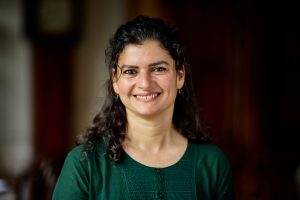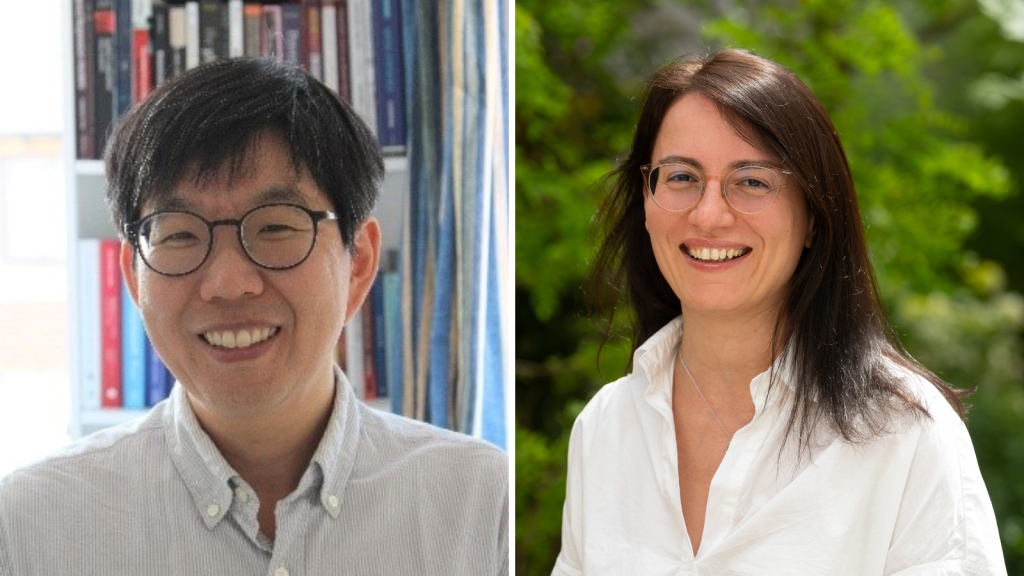The Project
This project supports multilingual education in Pakistan by exploring how teachers and communities shape language policy and improve learning for marginalised children in diverse contexts. This is a collaboration hosted by Durbeen, a non profit organisation aiming to improve education systems in Pakistan.
This research project addresses long-standing challenges in Pakistan’s education system, particularly the impact of language barriers on the learning experiences of marginalised children. It explores how teachers and communities engage with language-in-education policies and how these efforts influence classroom practices and access to learning. In Pakistan’s multilingual setting, many children speak different languages at home than those used in schools, leading to confusion, poor comprehension, and widening educational inequalities.
The main objective of the project is to support the development of more effective language-in-education policy, an area the state has been actively pursuing to promote multilingualism. By examining how policies are experienced and applied in real contexts, the project seeks to make these efforts more grounded, responsive, and useful.
This is a qualitative study carried out in two districts: Peshawar (Khyber Pakhtunkhwa) and Hala (Sindh). The project follows a collaborative, decentralised model, with regional knowledge hubs at the Institute of Education and Research (IER) in Peshawar and Ziauddin University (ZU) in Karachi. Regional leads from these institutions will guide early career researchers, who will carry out fieldwork supported by workshops led by team members from the University of Oxford and Durbeen. The research design is flexible, allowing decisions on sampling and engagement to be shaped by the field and participant input.
This is an international collaboration between academic and research institutions in Pakistan and the University of Oxford. The project reflects a shared commitment to strengthening multilingual education policy and building research capacity through locally led, globally informed approaches.
Drawing on Lant Pritchett’s stakeholder accountability model, the project explores how teachers, communities, and policymakers interact to support multilingual education. Teachers are seen as key actors who bridge policy and practice, while community perspectives help reveal what matters most for families and learners. By linking these voices with policy discussions, the project aims to improve how language policies are developed and used in schools.
This project is funded by DARE-RC and Foreign, Commonwealth & Development Office.










